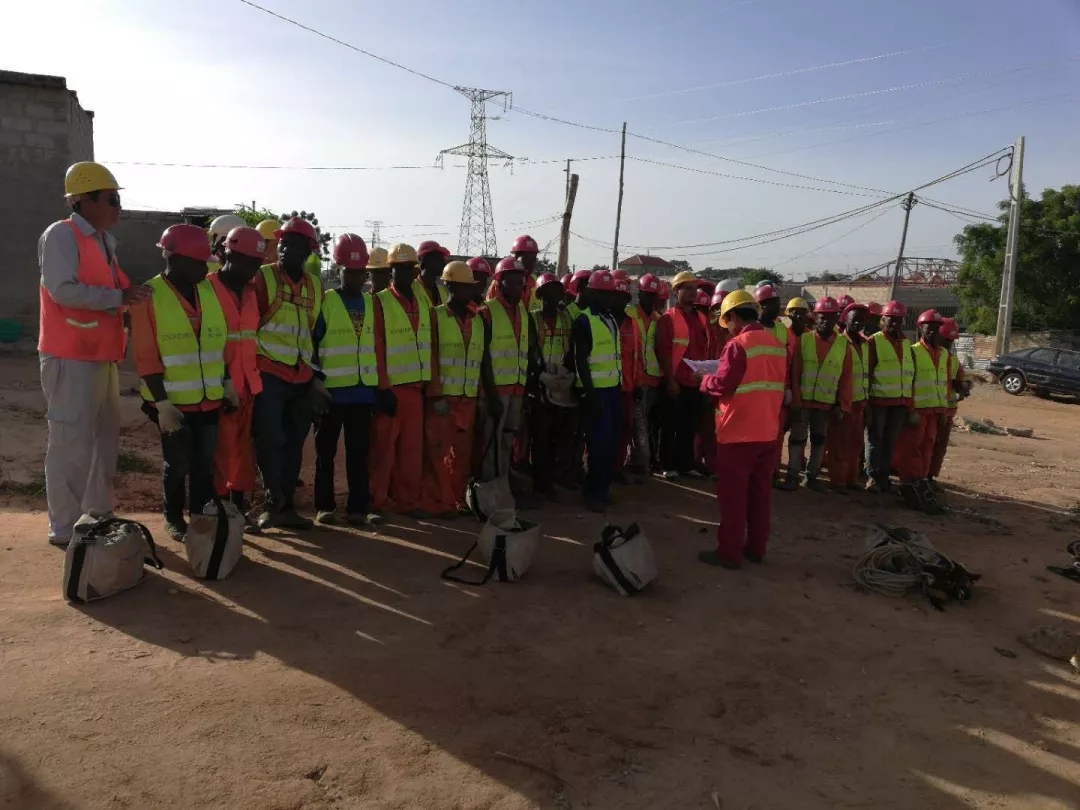Recently, the National Public Radio of the United States quoted the latest research report of the "Assistance Data" project of the William and Mary College in the United States in a report,China's infrastructure projects in developing countries, especially in Africa, have boosted local economic growth and boosted balanced development in Africa.
The “Aid Data” project has tracked more than 4,000 development projects in 138 countries around the world between 2000 and 2014. The results of the study show that China's financing infrastructure projects can be more effective than Western projects. Reduce imbalances in local regional development and spread the effects of economic growth more evenly to poor, remote rural areas.

The research team also included data on Earth's nighttime light distribution satellite maps.Studies have shown that lighting is not only concentrated in the location of projects built by Chinese companies, but also spreads throughout the region over time, showing a trend of outward radiation.Therefore, the research team concluded that China's participation in infrastructure projects not only promoted local economic growth, but also led to the overall development of the surrounding areas.
Bradley Parks, executive director of the Aid Data project, said, “Night lights are an excellent indicator of household income, and more light indicates that household income in the region has increased.”In fact, the construction of roads, bridges, railways and ports has increased the mobility of labor, goods and capital, and has brought vitality to economic development.

Parks said that according to their research, there is a "strong correlation" between China's financing infrastructure projects and the economic development of the host country.The China-funded facility China Unicom project links remote areas with developed areas, driving economic growth in rural areas and better promoting regional balanced development compared to traditional development projects provided by the West.
The Brookings Institution’s April 2006 report “Competition in Africa: China, the European Union and the United States” shows that China has funded more than 3,000 important infrastructure projects in Africa, bringing in a lot of jobs, skills training and new technologies.
“If you want to be rich, you should build the road first.” The reporter saw in the interview of the Yaji Railway that during the construction of the railway, many new villages were formed along the route.As a result of the job opportunities, people moved to settle near the railway. Now, along the lines of the Yaji Railway and the Inner Mongolia Railway, a number of economic corridors are being formed. The flow of personnel is more frequent than before, and the scale of cities along the line has expanded to varying degrees.In Ethiopia and Equatorial Guinea, facilities such as hydropower stations built by Chinese companies provide sufficient electricity to the local area, which in turn drives economic development.



